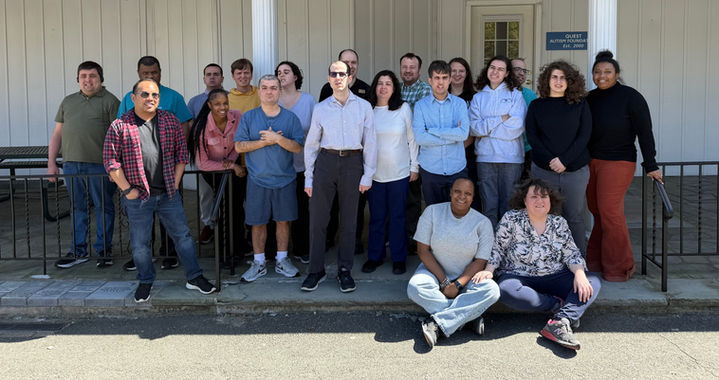

About Adults with Autism
Autism Doesn't End at 21-
Support Must Continue.
For years, we've heard about the epidemic of childhood autism. But children don't stay children forever- and autism doesn't go away with age. What we are now facing is not just an epidemic of childhood autism, but a growing population of adults with autism who continue to need support, understanding, and opportunity.
Early diagnosis and intervention can improve outcomes for many individuals, helping them develop essential skills However, as children with autism grow into adolescence and adulthood, their needs evolve- but they don't disappear.
At age 21, something significant happens: individuals with autism "age out" of the school-based support system. The structured services, therapies, and education that helped them build skills and confidence often come to an abrupt halt. Yet their need for guidance, supervision, and tailored support continues.
Without meaningful transition services, many young adults with autism are left with few options. They may struggle to maintain the progress they've made, let alone continue to grow, contribute, and live with greater independence. That's why adult autism services are more essential than ever.
At Quest, we believe that every person with autism deserves to live with dignity, purpose, and community. Through person-centered programs, we help individuals build on their abilities, develop daily living and social skills, and - whenever possible - gain employment or volunteer in the community. We support lifelong learning and empower our participants to live as independently as possible.
Autism is lifelong. Support should be too.
We advocate for greater awareness, resources, and inclusion for adults with autism. Together, we can ensure that they are not left behind, but embraced as valuable, contributing members of society.



